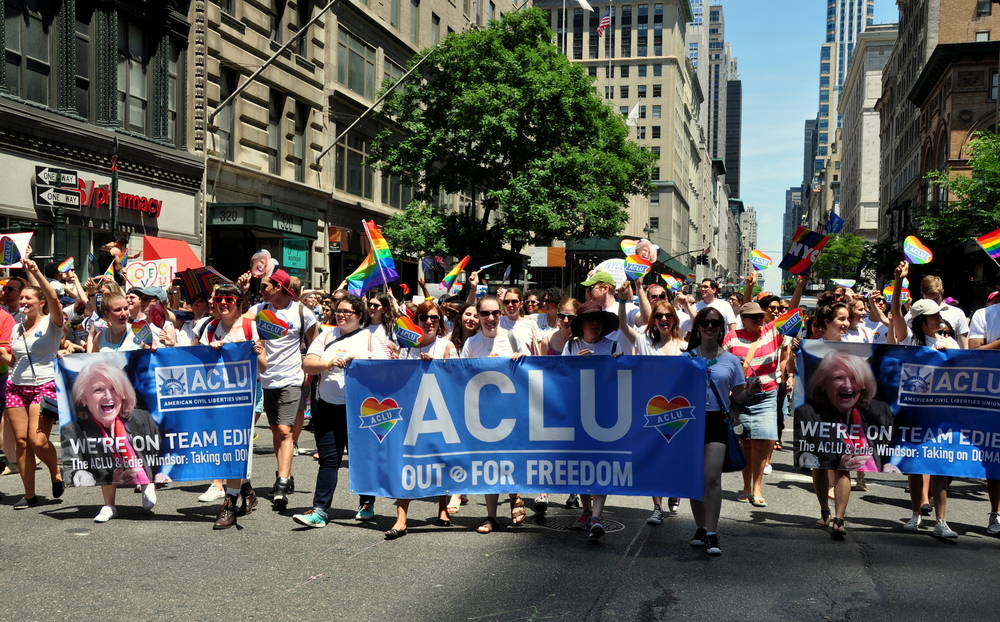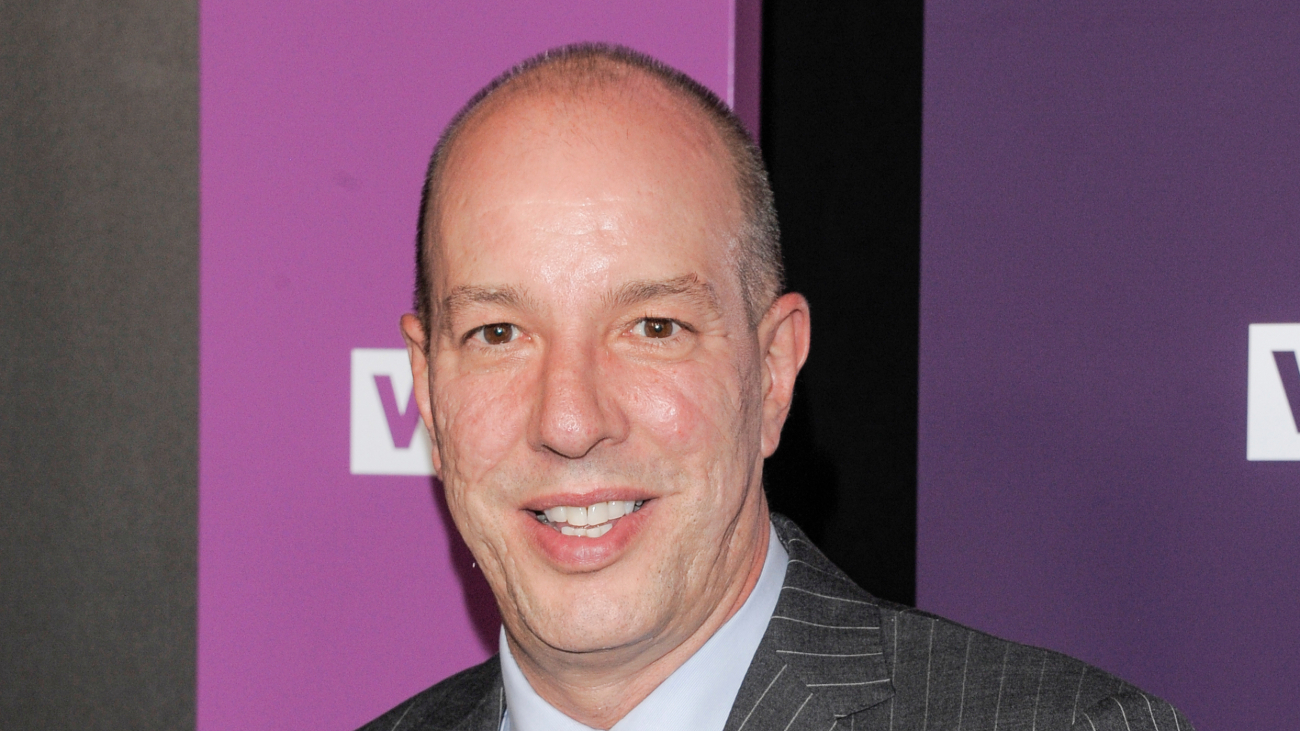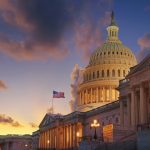ACLU: Defending Freedom or Stirring Debate?
In April 2025, the American Civil Liberties Union (ACLU) filed a federal lawsuit against the U.S. Social Security Administration (SSA) and the Department of Veterans Affairs (VA), alleging violations of the Freedom of Information Act (FOIA). The lawsuit seeks to compel the release of records concerning the Department of Government Efficiency (DOGE), a controversial initiative reportedly led by Elon Musk. The ACLU's action responds to concerns that DOGE attempted to access sensitive personal data—including Social Security numbers, bank accounts, and health records—without proper authorization, raising significant privacy and transparency issues according to Wired.
This case underscores the ACLU's ongoing commitment to safeguarding civil liberties and government accountability. As debates intensify over the balance between technological innovation and individual privacy rights, the ACLU's legal challenge against DOGE exemplifies its role in confronting potential overreach and advocating for transparency in governmental operations.
Related: Who Are the Leaders of the ACLU?

What Does the ACLU Do?
The American Civil Liberties Union (ACLU) is a nonprofit organization dedicated to defending and preserving the individual rights and liberties guaranteed by the U.S. Constitution. Founded in 1920, the ACLU works through litigation, lobbying, and public education to support causes related to free speech, religious freedom, reproductive rights, racial justice, LGBTQ+ rights, privacy, and more.
The ACLU frequently files lawsuits on behalf of individuals whose rights they believe have been violated—taking on everything from voting access issues to immigration detention policies. They’ve represented both popular and highly unpopular clients, all in the name of defending civil liberties.
Related: Sarah Palin: From Alaska’s Governor to Political Lightning Rod
Related: Who Leads the Fed in 2025? Jerome Powell’s Role and the Power of the Federal Reserve
How Powerful Is the ACLU?
The ACLU is one of the most influential legal advocacy organizations in the United States. With over 1.7 million members, hundreds of staff attorneys, and affiliates in all 50 states, it has a vast national presence.
Its power lies in its ability to shape public discourse, file high-profile lawsuits, and influence legislation. The organization has argued dozens of cases before the U.S. Supreme Court and is often seen as a legal and cultural counterweight to government overreach, particularly on First and Fourth Amendment issues.
In recent years, the ACLU’s fundraising and visibility have grown dramatically—particularly during the Trump administration—making it even more influential in national debates.

Who Are the Leaders of the ACLU?
As of 2025, the Executive Director of the ACLU is Anthony D. Romero, who has held the position since 2001. Romero is the first Latino and openly gay man to lead the organization. Under his leadership, the ACLU has expanded its reach and modernized its tactics, especially in digital advocacy and grassroots mobilization.
The ACLU also has a Board of Directors and various state affiliate leaders who oversee local chapters. These leaders work in tandem to address both national and regional civil liberties issues.

Anthony d. Romero
What Was the ACLU Controversy?
The ACLU is no stranger to controversy often because of the cases it chooses to support. Perhaps the most iconic example was in 1977, when the ACLU defended the right of neo-Nazis to march in Skokie, Illinois, a town with a large population of Holocaust survivors. The decision led to mass resignations and backlash but cemented the organization’s absolutist stance on free speech.
More recently, the ACLU has faced internal and external criticism over its shift in focus. Critics say it has leaned more into progressive activism rather than maintaining a neutral, civil-liberties-for-all stance. A 2021 internal memo sparked debate by suggesting that speech which offends marginalized communities might not always be protected a notable pivot from its historical free-speech absolutism.
This evolution has caused a rift among longtime supporters, raising questions about whether the ACLU can balance principled consistency with modern political expectations.
Conclusion
The ACLU remains one of the most consequential and polarizing institutions in American civic life. Whether you view it as a champion of justice or an ideologically driven force, there’s no denying its legal clout and historical impact. As the country continues to grapple with complex issues around speech, privacy, and identity, the ACLU will almost certainly remain at the center of the storm.













